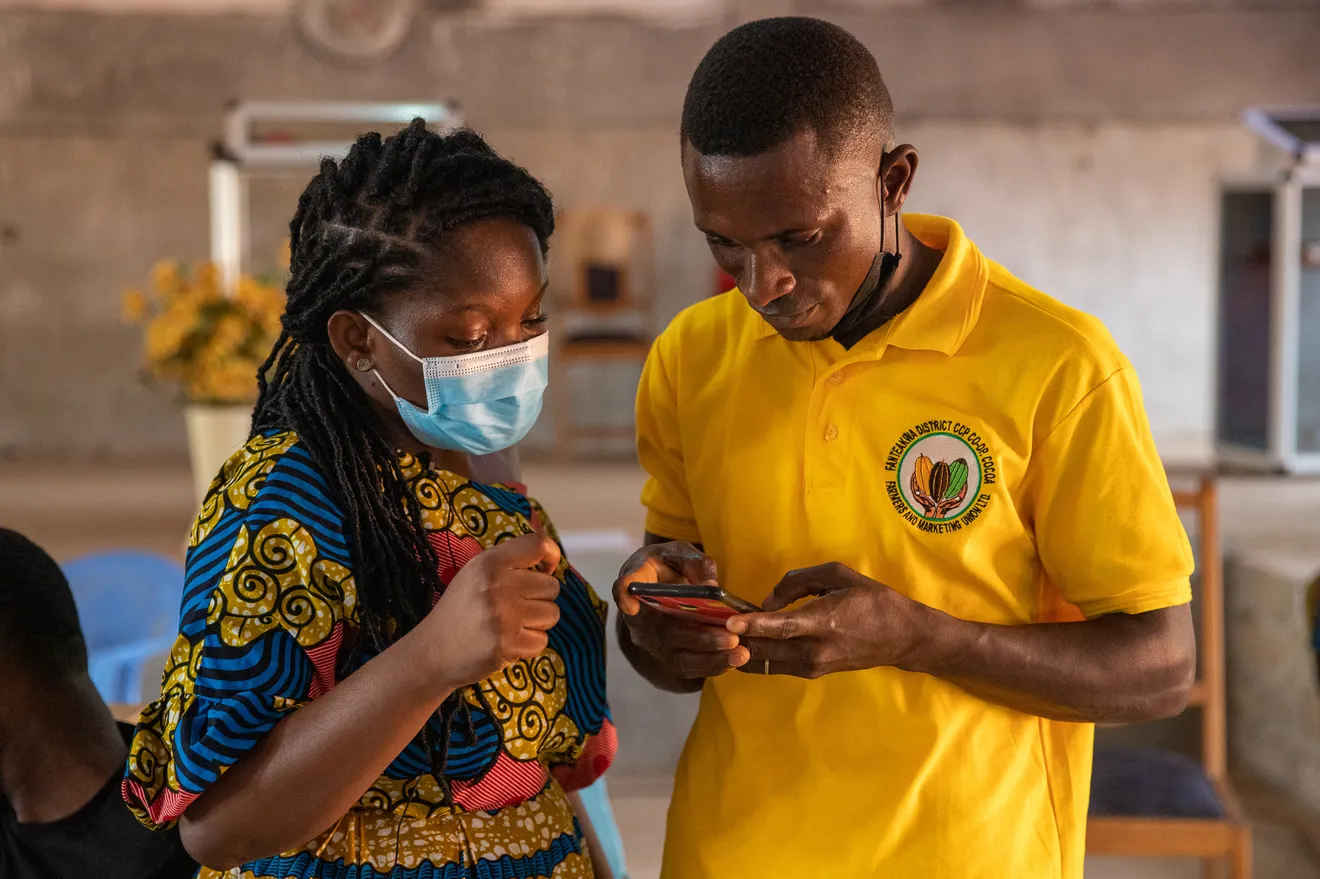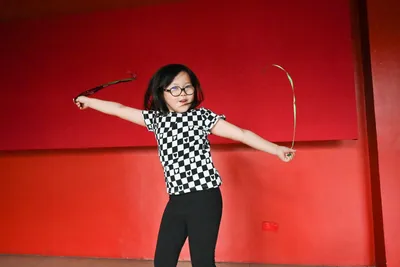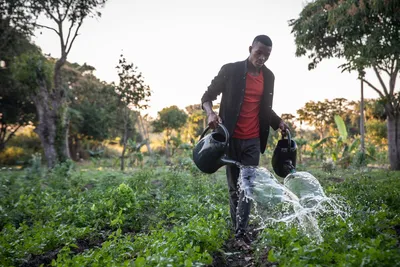Informed consent is a cornerstone of ethical visual communication. It shows respect for individuals' autonomy, privacy, and dignity. Without informed consent, photographers and videographers risk infringing upon their subjects' rights, potentially causing harm or discomfort. But collecting consents (or «model releases») is time consuming and often chaotic because paper release forms are still the norm in photo and video productions.
In this article we explain why collecting informed consent is vital nonetheless and how it can be facilitated by using a mobile app for consent collection.

Photo: Nipah Dennis / Fairtrade Germany / Fairpicture
Genuine informed consent is more than a mere checkbox on a consent or model release form; it embodies a comprehensive understanding and willingness from all involved parties. It entails measured and clear communication regarding the purpose, scope, and potential implications of the communications project, ensuring that participants comprehend fully what they are agreeing to. This understanding extends beyond just the immediate context of the photo or video shoot to encompass any foreseeable future uses or distributions of the material resulting. Genuine informed consent is rooted in transparency, empathy, and a genuine desire to foster collaboration and mutual respect between creators and subjects.
Not all consent is created equal. Photographers and videographers often only engage in implied consent and never explicitly prompt their subjects for consent but infer from subtle signals whether the person photographed is consenting. We believe this type of consent is irresponsible as it risks violating the trust and privacy of the protagonist. It’s actually as simple as asking someone if they want a cup of tea:
Communication is key. It begins with open dialogue, where consent collectors explain the project's objectives, intended audience, possible publication channels, and any potential risks or sensitivities involved. This dialogue should be two-way, allowing subjects to ask questions, express concerns, and negotiate boundaries freely. The label ‘informed’ does not refer to strictly implicit or explicit consent alone. Rather, it describes a state whereby both the visual creator and the protagonist are fully aware of their respective rights, liabilities, and responsibilities before entering into any agreement on consent or participation. It should be noted that consent can be revoked at any time, before, during or after the production.
Besides the consent discussion, recording and storing of consent is vital to ensure compliance with your internal organisational guidelines and legal frameworks such as the European General Data Protection Regulation (GDPR). To facilitate this process, Fairpicture developed FairConsent, an app for efficient collection of Informed Consent. The FairConsent App offers several advantages over traditional paper consent or model release forms:
Video of the FairConsent app, now available for individual and organizational use in Apple App Store or Google Play Store.

Josemarie Nyagah
Fairpicture Photographer
Fairpicture developed the basic concept and texts of the FairConsent app together with the Research Institute in Vienna, an independent institute specialising in applied research and consulting in the field of data protection. The biggest challenge was to design the app in such a way that obtaining consent is not only simple and the text on which the consent is based is understandable, but that also meets the requirements of the European data protection law, GDPR.
One of the most important requirements of the GDPR for informed consent is the right of the person photographed or filmed to receive the information in a language they understand. We therefore provide the consent text in a constantly growing number of languages as both text and audio files. Another key requirement is the ability to withdraw consent once it has been given. The e-mail address and mobile phone number, which are collected with every consent, enable direct contact.
While you can already collect consent forms for typical photography and video assignments with the existing version of the app, we are planning to develop many more features in the coming months, including:
In addition to these new app features, we are evaluating the application of FairConsent for other uses such as programmatic work for nonprofits and research consent. Most likely, the FairConsent app will ask the user what she or he wants to get consent for and then change the consent collection process depending on the choice.
Our goal is to develop the FairConsent app inline with the needs of creatives, communication professionals and other users. To do so, we rely on your feedback. So if you read the article to here: Please give us feedback using the feedback form or by contacting us directly.
And if you like what we’re doing: Rate the app on Apple App Store or Google Play Store. Ratings are the best way to boost the app which will benefit everyone in the end.
Overall, working with the FairConsent app offers numerous benefits over paper forms, including improved efficiency, accessibility, standardisation, security, and flexibility. It represents a modern and adaptable approach to consent management that aligns with the evolving needs of the photography and videography industry.

March 2022 - Jörg Arnold
Images are powerful, and those who communicate with them bear a special responsibility. It is important that communicating organizations handle images and the corresponding context and metadata with care.
Learn more about Pictures are more than illustrations

April 2025 - Jörg Arnold
Why do so many communication, marketing and fundraising managers struggle to find budget for photography and video production, and why do we need to solve this?
Learn more about Visual Communication on a Tight Budget

May 2022 - Greta Rico
Greta Rico discusses the importance of creating new narratives through storytelling, using "Enciendo mi voz" as an example.
Learn more about Why creating new narratives is so crucial